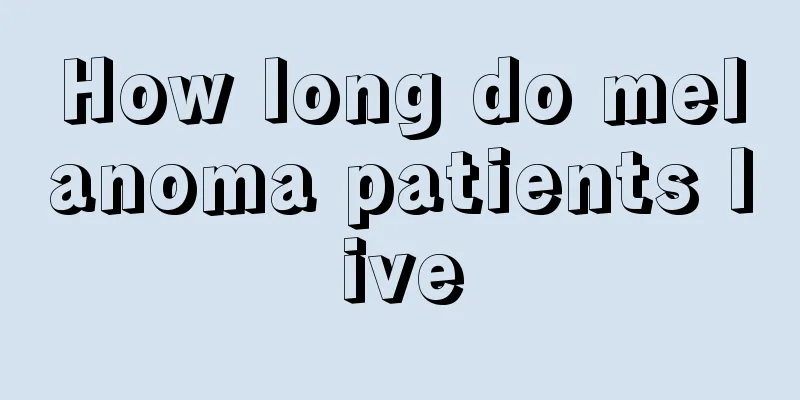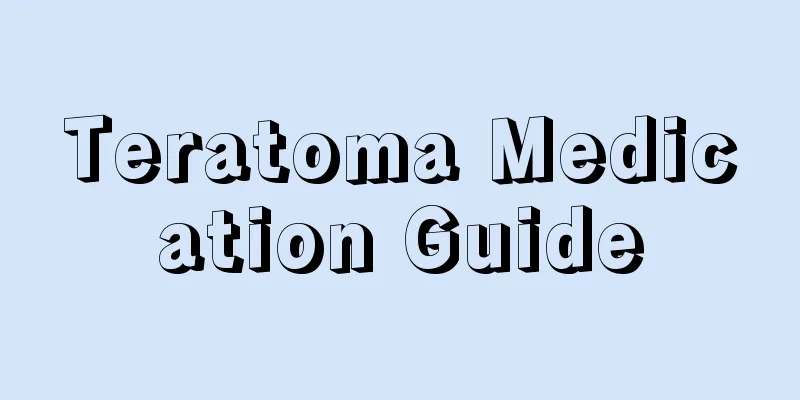What is the difference between antiplatelets and anticoagulants?

|
Once there is a problem with a person's platelets, the blood coagulation function will have big problems. For example, when there is a wound on the body or when a patient undergoes surgery, a lot of bleeding will occur, and it will be very difficult to stop the bleeding. At this time, anticoagulation methods are needed. In clinical practice, we often hear the terms antiplatelet and anticoagulant. So what is the difference between the two? The difference between antiplatelet and anticoagulant: Anticoagulation includes antiplatelet drugs, which can prevent and treat the initiation of coagulation function and even prolong the coagulation time. Antiplatelet therapy generally speaking is to prevent platelet aggregation and thrombosis. Blood coagulation is a complex process. Platelet aggregation is only the first step in anticoagulation, which only produces a general anticoagulant effect. The real anticoagulant effect is produced by the subsequent various coagulation substances such as fibrin, which is stronger. Therefore, anticoagulation is not the same as antiplatelet aggregation. “Antiplatelet drugs and anticoagulants” are both anti-thrombotic drugs. Is there any difference when using them? Antithrombotic drugs mainly include three categories: antiplatelet drugs, anticoagulants and thrombolytic drugs (fibrinolytic drugs). The first two categories are mainly used to prevent thrombosis, and the latter category is mainly used to dissolve formed thrombi after acute myocardial infarction and cerebral infarction. Commonly used antiplatelet drugs include aspirin, clopidogrel (Plavix, Taijia), and cilostazolidinone (Peda). Among them, aspirin is the most widely used, with definite efficacy and low price, and can be used as the first choice. The recommended dose of aspirin is 75 to 150 mg of enteric-coated tablets per day, and it is best taken before bed. The main adverse reactions include upper abdominal pain, nausea, vomiting, gastrointestinal ulcers and bleeding. When gastrointestinal irritation symptoms are obvious, it can be taken together with a small amount of antacids (such as Daxidine, Famotidine, etc.). It is contraindicated for patients with gastric or duodenal ulcers or other bleeding diseases, or those who are allergic to aspirin. Hypertensive patients should use it when their blood pressure is well controlled to prevent an increased risk of cerebral hemorrhage. The efficacy of clopidogrel is comparable to that of aspirin, but it has fewer gastrointestinal adverse reactions. However, a small number of patients will experience leukocytopenia after taking the medication, and their blood routine should be checked regularly. In high-risk situations of thrombosis such as acute coronary syndrome, coronary artery balloon angioplasty and stent implantation, aspirin and clopidogrel are often needed in combination. Cilostazolidinone has a vasodilatory effect and is mainly used for peripheral arterial (lower limb artery, carotid artery) occlusive disease. Commonly used anticoagulants include heparin, low molecular weight heparin and warfarin. Heparin can only be given intravenously or subcutaneously and is mainly used for unstable angina. |
<<: What is the normal platelet count?
>>: What types of double eyelid surgery are there?
Recommend
The simple way to descale your kettle
In order to remove the scale in the kettle, some ...
What are the symptoms of stomach yin deficiency? What can I eat more to treat it?
Gastric Yin deficiency is due to insufficient sec...
What are the symptoms before death from lung cancer brain metastasis? 7 common symptoms before death from lung cancer brain metastasis
The symptoms before death from lung cancer brain ...
Mixed astigmatism conversion formula
Everyone has a certain focus when using their eye...
How long does it take for a person with renal cancer bone metastasis to live
Nephrologists say that renal cell carcinoma ranks...
Tips for removing contact lenses?
For people who wear contact lenses for the first ...
What are the dangers of waist liposuction?
Liposuction surgery has been very popular in rece...
The difference between chondrosarcoma and osteosarcoma
Osteosarcoma is the most common primary bone tumo...
How long can a person with pancreatic cancer live if jaundice appears
Pancreatic cancer is one of the common malignant ...
The early symptoms of male liver cancer are divided into the following situations
Male liver cancer patients all know that there ar...
Which is better, instant sea cucumber or dried sea cucumber? What are the effects?
Sea cucumbers are delicious and have a tender tex...
Is titanium dioxide edible?
Titanium dioxide is a very common food additive. ...
Nursing methods for artificial anus in patients with colorectal cancer
Depending on the condition of the intestinal canc...
How to remove the bad smell in the house?
In daily life, due to living indoors for a long t...
What are the causes of gallbladder polyps?
There are many reasons for the occurrence of gall...









